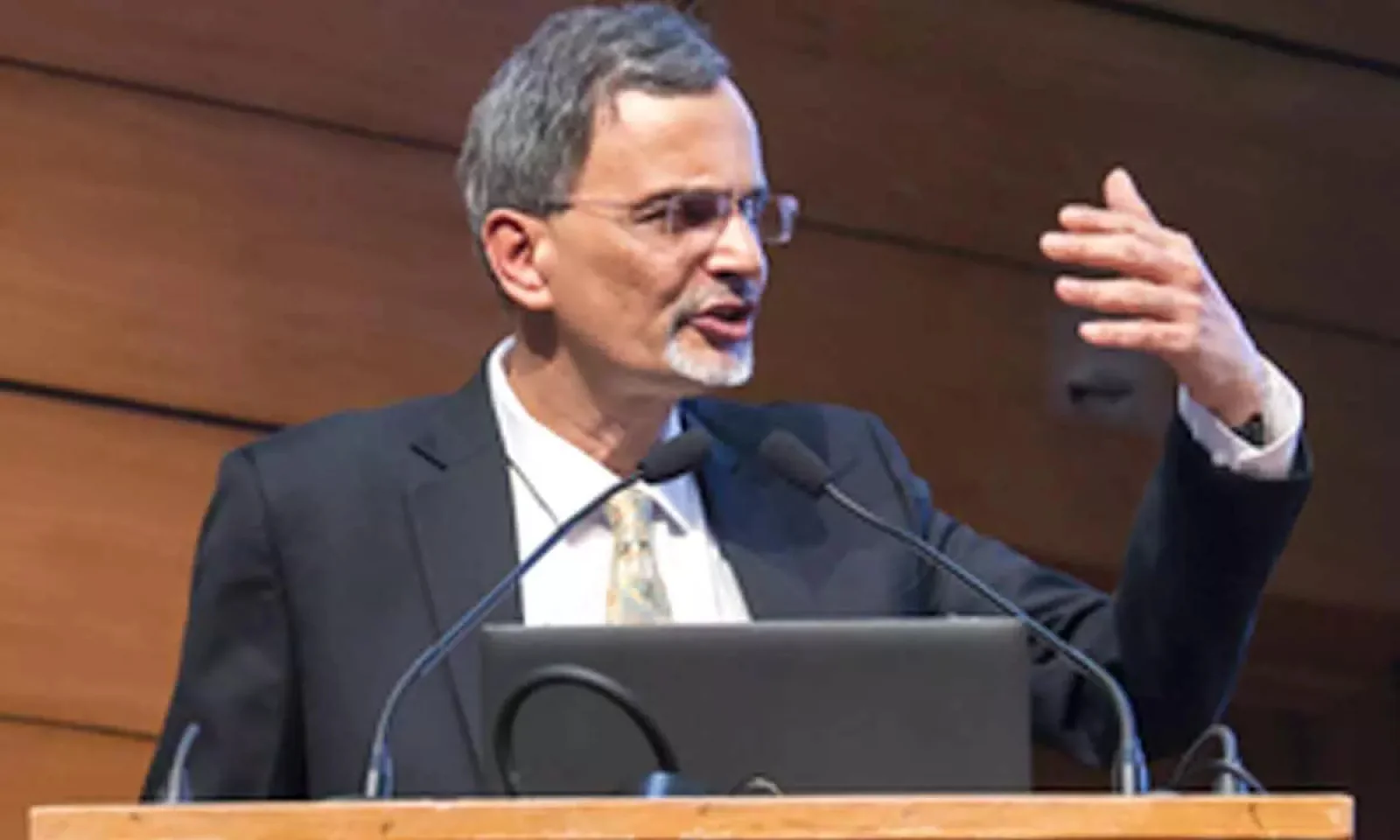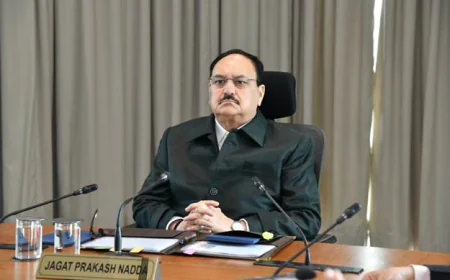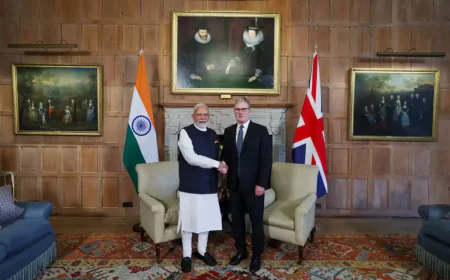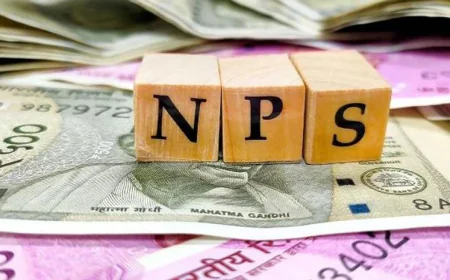CEA Stresses Urgent Need for Job Creation as Key to India’s Demographic Dividend
India needs to create 8 million jobs annually over the next 10–15 years to fully leverage its demographic dividend, said CEA V. Anantha Nageswaran during a webinar hosted by ICRIER and Prosus. He stressed that sustained job creation is essential for economic momentum. Nageswaran noted that AI should enhance, not replace, human work in sectors like healthcare and education, especially in remote areas. He highlighted India’s limited computing and GPU capacity, which restricts domestic AI model development, though cheaper global AI subscriptions may boost adoption. Nobel laureate Daron Acemoglu added that AI tools can raise productivity but labor-replacing AI poses risks for middle-skill economies.

A country like India needs to create 8 million jobs every year over the next 10-15 years to take advantage of its large population. Chief Economic Advisor (CEA) V. Anantha Nageswaran said, "Employment is a major source of demographic dividend. At the same time, this rapid pace of employment growth will also need to be maintained."
The CEA, during a webinar hosted by the Indian Council for Research on International Economic Relations and Prosus on Thursday, highlighted the importance of concentrating on job creation, which he said will not only generate livelihood opportunities but will also help strengthen the momentum of the economy in these difficult times.
He said, "Artificial Intelligence (AI) should help improve the work of professionals working in sectors like healthcare and education, rather than replacing human labor." He said that the expansion of quality services to frontline professionals in these areas should be supported by AI, especially in remote areas.
Want to get your story featured as above? click here!
Want to get your story featured as above? click here!
The CEA said that India currently has limited computing and graphics processing unit (GPU) capacity compared to the US and China, which is significantly impacting the country's ability to develop and train large-scale AI models domestically. Recent price reductions by global platforms on AI subscription pricing will help increase subscriber numbers.
Nageswaran cited the introduction of monthly plans with a single, low-cost annual subscription plan as an example of AI adoption. Increasing user adoption will also mean an increase in the volume of Indian data captured by foreign AI systems.
Nobel laureate Professor Daron Acemoglu also attended the event. The focus was on how AI can support workforce development, productivity, and service delivery in India.
AI tools that can assist technicians, nurses, and teachers will help boost productivity, Acemoglu said. AI, which prioritizes labor replacement, could create economic pressures for countries with middle-skilled workforces.
















































































